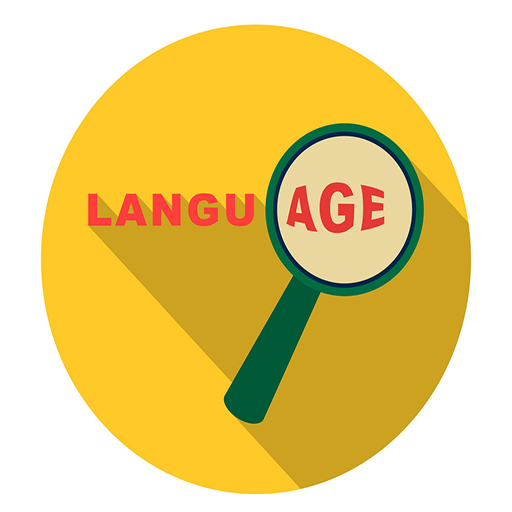Objectives and content of teaching foreign languages at the present stage of development of school education
Abstract
Learning a foreign language, due to the social nature of the language as a repository and reflection of national culture, is inconceivable without simultaneously studying the culture of the country of the language being studied, which necessitates the inclusion of regional geographic materials in the educational process as an essential component of the content of teaching a foreign language. The ability to understand a foreign language culture is ensured by the presence of background knowledge in the linguistic consciousness of the speaker. In the absence of a language environment, the accumulation of background knowledge occurs mainly through reading. In the process of reading, both explicit and implicit information is updated, therefore, in the complex activity of reading in a foreign language, we can distinguish the regional geographic component of the lexical reading skill, the formation of which ensures the accumulation of background knowledge
References
New Deal. Textbook.Porvoo-Helsinki - Juva Werner Suderstrum Osakeyhtiu, , 1987.p80
Streamline English. // By P. Viney, Gr. Cawood, M. Duckworth. Oxford University Press, 1985.p145
Vereshchagin EM, Kostomarov V.G. Language and culture: Linguistic and regional studies in the teaching of Russian as a foreign language. M .: Russian language.-1990, 81p.
Dridze T.M.Textual activity in the structure of communication. M .Nauka,1984-231 p.
Dridze T.M.Textual activity in the structure of social communication.M.Nauka, 1984.p28
Dridze T.M. Textual activity in the structure of social communication. M .: Nauka, 1984 .—123p.
Krasilnikova B.C., Chaynikova T.I. Lingvostranovedcheskiy approach in determining the content of teaching English language of preschoolers and primary school children (using the technique of collage) // Inostr. Yaz. in school - 1993. - No. 1. - p.122.
Shatilov S.Fagafonova L.I. On the humanistic cultural-geographical basis of teaching a foreign language in high school. Sat.mater, scientific and practical conference: Modern foreign culture in teaching a foreign language. - RAO, Job, St. Petersburg 1994 –p154

In submitting the manuscript to the International Journal on Integrated Education (IJIE), the authors certify that:
- They are authorized by their co-authors to enter into these arrangements.
- The work described has not been formally published before, except in the form of an abstract or as part of a published lecture, review, thesis, or overlay journal.
- That it is not under consideration for publication elsewhere,
- The publication has been approved by the author(s) and by responsible authorities – tacitly or explicitly – of the institutes where the work has been carried out.
- They secure the right to reproduce any material that has already been published or copyrighted elsewhere.
- They agree to the following license and copyright agreement.
License and Copyright Agreement
Authors who publish with International Journal on Integrated Education (IJIE) agree to the following terms:
Authors retain copyright and grant the International Journal on Integrated Education (IJIE) right of first publication with the work simultaneously licensed under Creative Commons Attribution License (CC BY 4.0) that allows others to share the work with an acknowledgment of the work's authorship and initial publication in this journal.





1.png)
